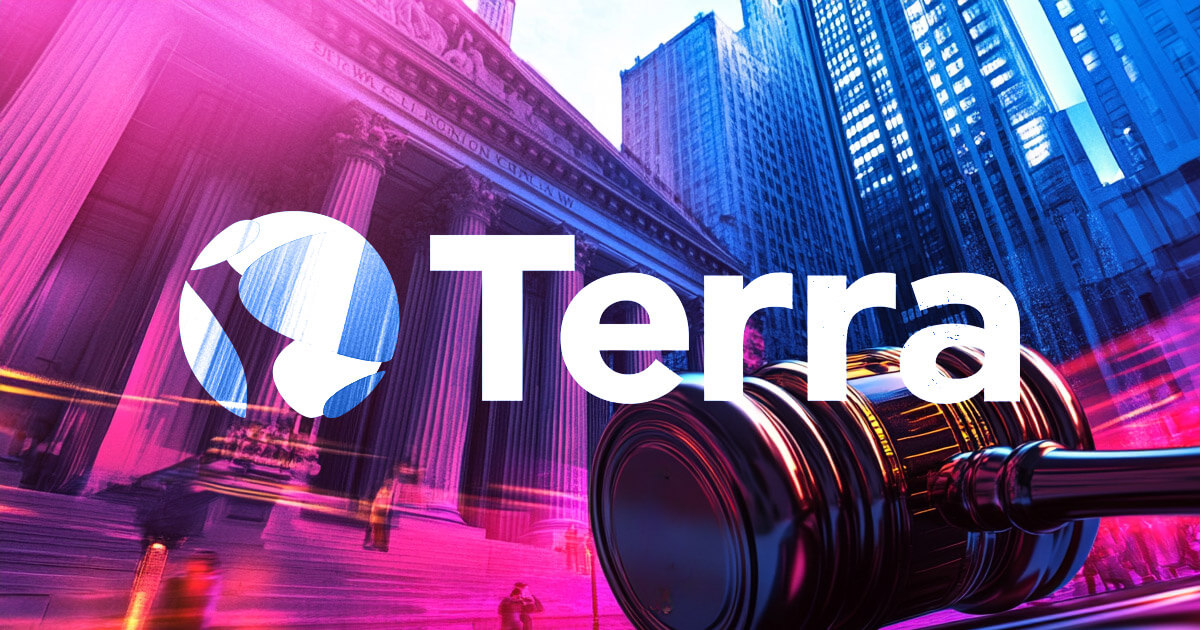FLASH FRIDAY is a weekly content series looking at the past, present and future of capital markets trading and technology. FLASH FRIDAY is sponsored by Instinet, a Nomura company.
In a recent research report, JPMorgan highlighted the recent lawsuits levied against Coinbase and Binance by the SEC as an example of the desperate need for US lawmakers to come up with “a comprehensive framework on how to regulate the crypto industries and the relative responsibilities of SEC vs the CFTC”.
Jeff Feng, Co-Founder of Sei Labs, believes that crypto regulation has been challenging largely due to the novelty and complexity of the technology, coupled with its rapid evolution.
He said that cryptocurrencies operate on decentralized networks, cross-border transactions are routine, and traditional legal concepts of ownership and control may not apply neatly.
“This presents significant hurdles for lawmakers who are used to regulating centralized, national entities,” he said.
In addition, regulatory bodies like the SEC and CFTC are often bound by their founding mandates and legislative frameworks, which were not designed with something like cryptocurrency in mind, he explained.
“The diverse nature of crypto assets – whether they’re viewed as a currency, a commodity, or a security – adds to the confusion over which agency should take the lead,” he said.

Rahsan Boykin, General Counsel, Hashflow, added that “the complex and novel nature of cryptocurrencies necessitates a thorough understanding of the technology and a careful consideration of how the technology will affect our citizenry, which can be time-consuming and daunting for legislators”.
The current political environment in the United States is marked by deep divisions and polarization, according to Boykin.
To pass substantial laws that effectively regulate cryptocurrencies or tackle any major issues for that matter, lawmakers must find common ground through compromise, he said.
“However, achieving consensus and bipartisan support in such a politically charged climate is arduous, as conflicting interests and ideological differences often impede progress,” he added.
According to Jai Waterman, CEO of Blockstation, crypto is a general term and falls into many distinct buckets of law; securities, utilities, commodities or even technology, which makes crypto regulation difficult to formalize.

From one perspective, he explained, there are laws in place that work for crypto but it’s mostly not being appropriately applied.
“On the other hand, with crypto comes some unique types of securities offerings we have yet to see,” he said.
Waterman said that the disclosure required should be different in order to streamline unique securities offerings in a compliant and transparent manner.
“Regulatory guidance, which supports commerce and protects investors, is the right and most effective approach,” he stressed.
Meanwhile, Olta Andoni, General Counsel and Chief Compliance Officer for Enclave Markets, thinks it is due to an educational and age gap amongst lawmakers, adding that younger lawmakers have a better understanding of crypto, which can be seen in many of the latest congressional hearings.
“Still, we need to do a better job of educating lawmakers about the benefits of the technology,” she said.

“We keep saying this, but when political interests intertwine it is hard to move forward with crypto bills that potentially would get the support of both parties,” she added.
Industry experts agree that regulation is crucial for protection against fraud, manipulation, and abuse. Regulations can bring stability and credibility to the market, encouraging more institutional investors and traditional businesses to participate, said Feng, adding that regulatory clarity can also foster innovation, as businesses know the rules of the game and can develop new products and services within that framework.
Regulation is very important in the crypto industry because it will enforce processes and procedures to make things safe and secure for investors, bringing trust to the market, added Waterman.
“Regulation also allows the opportunity for organizations that have been sitting on the sidelines to participate in the market, and then we will see the market cap of this space grow exponentially,” he said.
According to Waterman, the lack of regulatory oversight impedes industry progress because large institutions with a significant amount to contribute are sitting on the sidelines instead of participating because they cannot take the risk of being offside. “They stay out of it. Similarly, if regulations are in place, but there is a lack of clarity and guidance on the application of it, this will also pause progress for institutions to engage,” he said.
“What’s needed is powerful technology, regulated players and appropriate regulatory oversight, this is the formula for investor protection and secure opportunities,” Waterman added.
While regulation must be balanced against the need for innovation, a complete lack of regulatory clarity can be detrimental to the industry, commented Feng. “The lack of clear regulatory guidelines can indeed hamper the growth of the crypto industry. Investors may be wary of participating in a market that seems like a “Wild West” with few protections”,” he said.
Andoni added that she is optimistic that there will be a compliance path that will emerge for the industry in order to support crypto in the US. “But I think the timing of these policies is important,” she concluded.
Credit: Source link










.jpg)




































